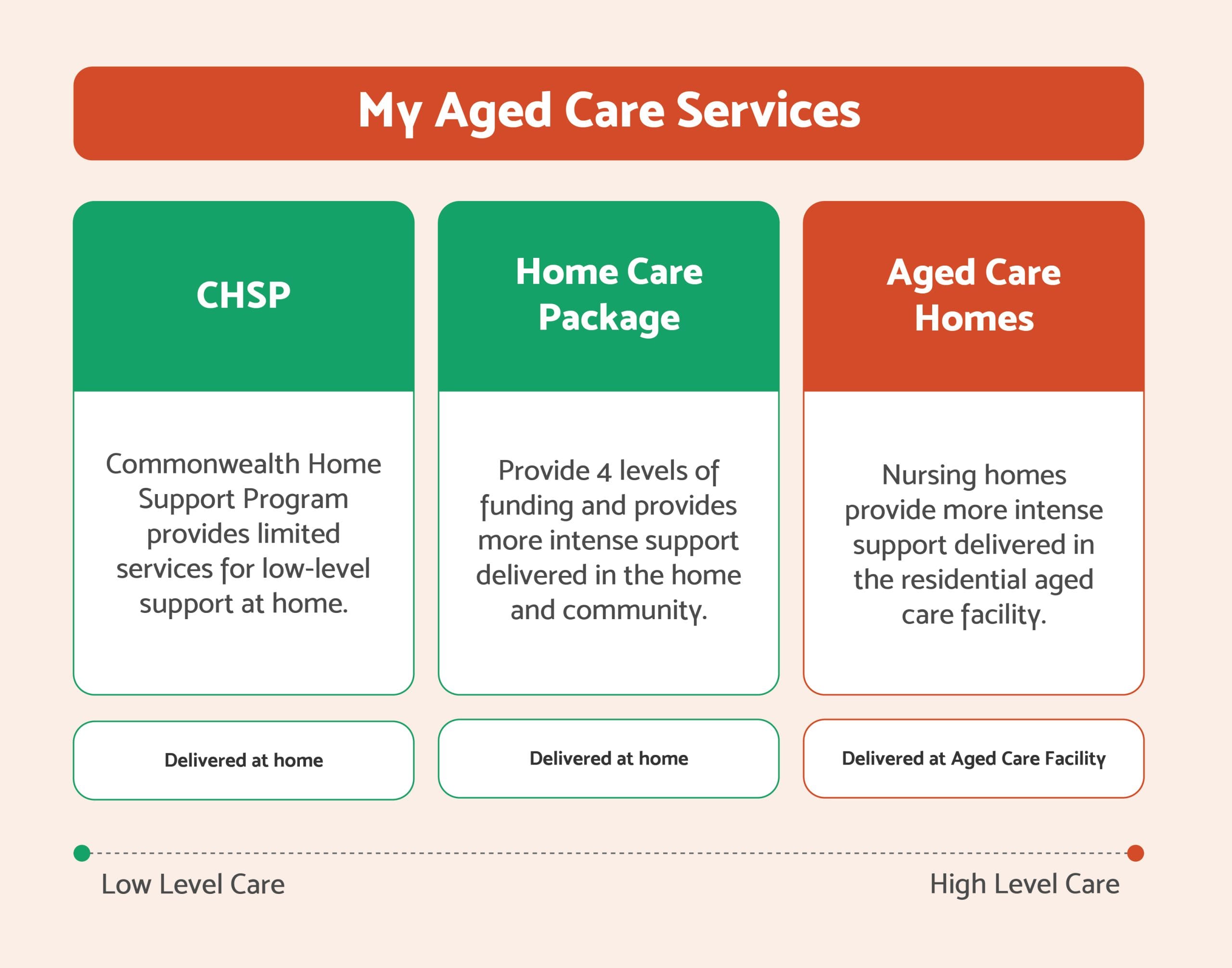Everything About Home Treatment Services for Individuals With Disabilities: NDIS Registered Assistance
Home care solutions under the NDIS play a critical function in supporting people with disabilities. These solutions are made to enhance everyday living through customized aid, varying from individual care to flexibility assistance. Comprehending how to navigate these options can be intricate. This overview discovers the different elements of NDIS home care, from available solutions to the option of suppliers, highlighting vital factors to consider for those looking for support. The journey toward encouraged care begins below.
Recognizing the NDIS and Its Function
The National Impairment Insurance Policy Scheme (NDIS) works as a transformative structure made to supply assistance and solutions for individuals with handicaps. Established to boost the top quality of life and assurance fair access to important resources, the NDIS encourages participants by providing customized plans customized to their unique needs. It intends to foster freedom, making it possible for people to seek their personal objectives and aspirations.Through an organized strategy, the NDIS allots financing for different supports, consisting of education, work help, and neighborhood involvement. This all-inclusive scheme not only focuses on prompt treatment yet also stresses long-term developmental outcomes. By promoting choice and control, the NDIS motivates participants to choose their preferred provider, guaranteeing that care straightens with their worths and choices. Eventually, the NDIS stands for a substantial commitment to boosting the lives of individuals with disabilities, cultivating inclusivity, and building a more encouraging culture.
Kinds of Home Care Services Available
Numerous sorts of home treatment services deal with people with specials needs, primarily focusing on personal care help and respite care alternatives. Individual treatment support provides necessary assistance with day-to-day activities, while respite care supplies momentary alleviation for key caregivers. Recognizing these services is essential for making certain the health of both individuals with disabilities and their households.
Personal Care Assistance
While steering every day life can offer challenges for individuals with specials needs, individual care assistance uses essential assistance customized to their special requirements. This kind of home treatment service includes an array of tasks developed to promote independence and improve lifestyle. Individual care aides aid with daily tasks such as showering, clothing, brushing, and toileting, making certain people preserve individual health and convenience. They may likewise assist with dish preparation, drug monitoring, and mobility assistance. By offering individualized treatment, these experts equip individuals to involve even more completely in their everyday routines and social tasks. Overall, individual treatment aid plays a significant role in fostering self-respect and autonomy for those with impairments, allowing them to grow in their home environment.

Respite Treatment Options
Reprieve treatment functions as a vital resource for families and caregivers of individuals with impairments, providing temporary remedy for the needs of everyday caregiving. This kind of solution can take various kinds, consisting of in-home reprieve care, where trained specialists go to the home to assist with treatment jobs. Conversely, households may choose facility-based break care, where individuals get care in a specialized atmosphere, allowing caregivers to relax. In addition, some companies supply emergency situation break services for unexpected scenarios. These alternatives not only assist ease caregiver tension but likewise advertise the well-being of people with handicaps by supplying them new experiences and social communication. On the whole, break care plays a vital duty in supporting both caretakers and those they look after.

How to Accessibility NDIS Home Treatment Providers
Accessing NDIS home care services entails understanding the qualification requirements established forth by the National Handicap Insurance Policy Scheme. Individuals must browse a structured application procedure to safeguard the necessary assistance customized to their demands. This section will make clear both the eligibility requirements and the actions associated with getting solutions.
Qualification Requirements Described
To get approved for NDIS home treatment services, people should fulfill certain qualification criteria that assess their requirements and conditions. First, candidates need to be matured in between 7 and 65 years and have a significant and permanent impairment that impacts their capability to do everyday tasks. In addition, they need to be an Australian resident, an irreversible citizen, or hold a Protected Special Classification Visa. The NDIS needs proof of the special needs, generally through clinical evaluations or records. People must show that they need support to take part in financial and social life. These standards ensure that solutions are guided towards those that really require help, advertising freedom and boosted top quality of life for individuals with handicaps.
Application Refine Actions
Can I Choose My Very Own Support Employees With NDIS?
The individual made inquiries whether they could pick their own assistance workers under the NDIS structure. Normally, individuals have the adaptability to choose assistance workers, promoting customized treatment that aligns with their details needs and choices.
What Happens if My Requirements Change After Getting Assistance?
If an individual's requirements change after getting assistance, they ought to connect these changes to their solution provider. Adjustments can be made to the care plan, ensuring that the support stays effective and appropriate for their scenarios.

Exist Limits on The Number Of Hours of Care I Can Obtain?
The private asked about possible restrictions on the number of treatment hours received. Usually, such limitations may exist based upon particular plans or funding plans, emphasizing the relevance of examining guidelines and arrangements frequently.
Can I Make Use Of NDIS Funding for Home Alterations?
The question of utilizing financing for home adjustments emerges frequently. Normally, people may make use of NDIS financing for required alterations to their homes, guaranteeing accessibility and security, set upon meeting certain qualification criteria and guidelines.
Just how Do I Handle Grievances Regarding My Home Treatment Providers?
To deal with problems concerning home treatment solutions, people should first document their issues. They can interact directly with their service company, seeking resolution, or escalate the issue to relevant oversight bodies if necessary. Home care services under the NDIS play a critical function in supporting individuals with impairments. Various types of home care solutions provide to people with specials needs, mostly focusing on personal treatment aid and reprieve care alternatives. home care providers. Individual care support offers vital support with daily tasks, while break care supplies short-lived alleviation for main caregivers. Family members might opt for facility-based respite treatment, where individuals obtain care in a specialized setting, enabling caregivers to take a break. Just how can households efficiently manage the economic aspects of home treatment services for people with specials needs?